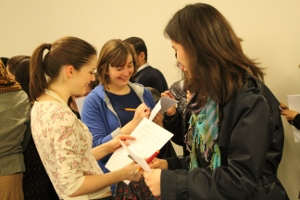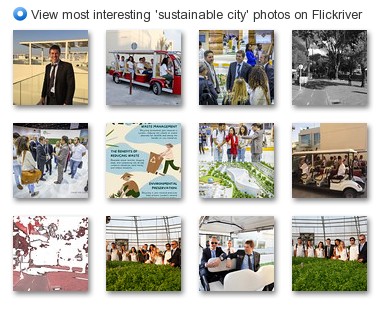2. Comprehension questions
- What are the terms that are used to refer to mountain lions? (P1-2)
- How did Jessie and Brianna handle the attack of a mountain lion? (P1-2)
- When are mountain lions active? (P3)
- Why is it not suggested that we hike with a dog? (P4)
- What can we prepare for hiking? (P5)
- How do people respond to mountain lions? (P7)
- How can we look big when encountering lions? (P8)
- How can we threaten lions? (P9)
- How can we strike back? (P10)
- What can we do if we are pulled down by a lion? (P11)
3. Phrases
- come across (6)
- make a quiet grunt (9)
- snarl like a dog (11)
- charge at the girls (13)
- spine-chilling experience (16)
- on the rise (21)
- survive a mountain lion attack (27)
- Keep in mind that ... (39)
- mating season (40)
- keep good company (42)
- plan on entering ... (43)
- keep it on a leash (49)
- call for help (52)
- in the event of (53)
- keep an eye on (58)
- at risk of ... (59)
- respond to (66)
- hold you ground (69)
- put up a fight (74)
- make direct eye contact with (82)
- at the top of your lungs (89)
- stay on the defensive (93)
- strike back (96)
- in the wild (128)
- increase your odds of ... (131)
4. Grammar and usages
- The formidable hunter was just 15 feet away, silently watching them. (7; present participle)
- Once hunted to the point of extinction, mountain lion populations are one the rise. (20; past participle)
- Ask park ranger ... if there have been any sightings. (34)
- two thirds of mountain lion victims are children (60)
- By running away, people actually prompt lions to chase ... (66)
- keep gazing directly at the mountain lion (115)
























